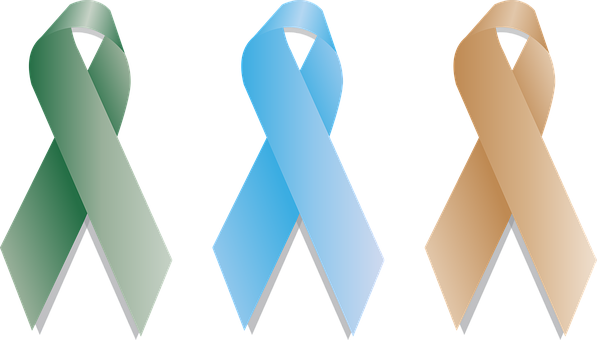
A new study report published in the PLoS Genetics journal has revealed that a gene mutation that can be passed from fathers to daughters could increase the risks of ovarian cancer. Making this more clear, a woman will be more prone to ovarian cancer if her grandmother from father's side had the same disease.
The risk to get cancer via the paternal side will be more when compared to the maternal side, as gene mutation is transmitted through the X-chromosome. As the mutation is transmitted through the X-chromosome, the chances of getting affected by cancer will be less even if the maternal grandmother had the disease.
During the study, researchers analyzed 3,499 pairs of grandmothers and granddaughters from the Roswell Park Center Institute's Familial Ovarian Cancer Registry.
"We performed germline X-chromosome exome sequencing on 186 women with ovarian cancer from the registry. The rate of cancers was 28.4% in paternal grandmother/granddaughter pairs and 13.9% in maternal pairs consistent with an X-linked dominant model," wrote the researchers in the study report.
Ovarian cancer is one of the widely seen cancers among women. The chance of developing this deadly condition is more on women aged 50 and above, and it usually happens after menopause. However, there are many cases where young women are diagnosed with this condition. With this new study report, scientists have clearly suggested that gene mutation transmitted through the X-chromosome has a direct role in triggering this condition in a woman's body.
"Women with an affected paternal grandmother and sisters of affected women are at increased risk for ovarian cancer. Further work is required to validate this variant and to characterize carrier families," added the researchers.
The research team led by Kevin Eng at the Roswell Park Center Institute in Buffalo, New York said that they will be sequencing more families in the coming days to affirm this finding.
"What we have to do next is make sure we have the right gene by sequencing more families. This finding has sparked a lot of discussion within our group about how to find these X-linked families," said Kevin Eng, Tech Times reports.
In many cases, ovarian cancer is diagnosed too late, and this new finding is widely considered by experts as a milestone achievement in ovarian cancer prevention.









